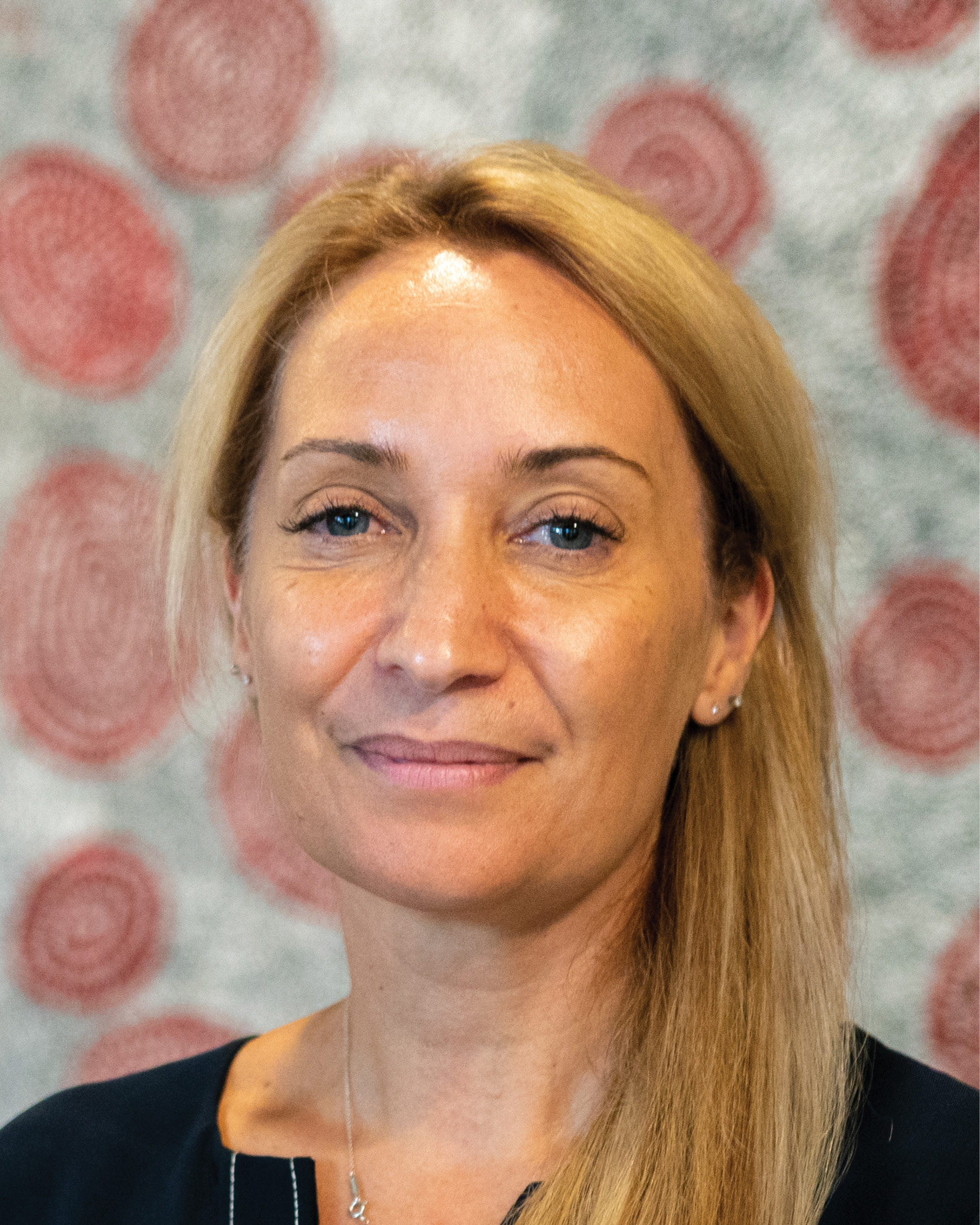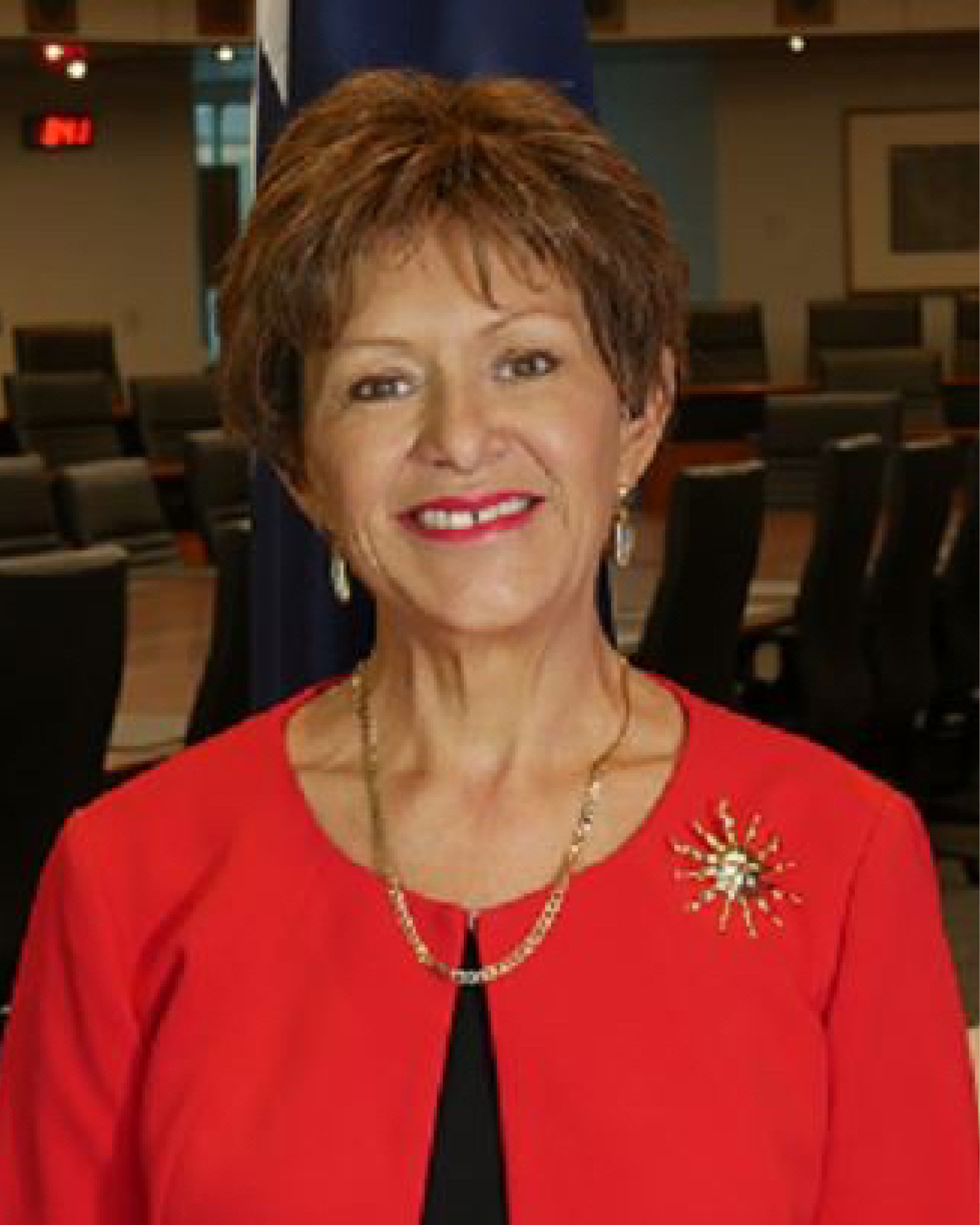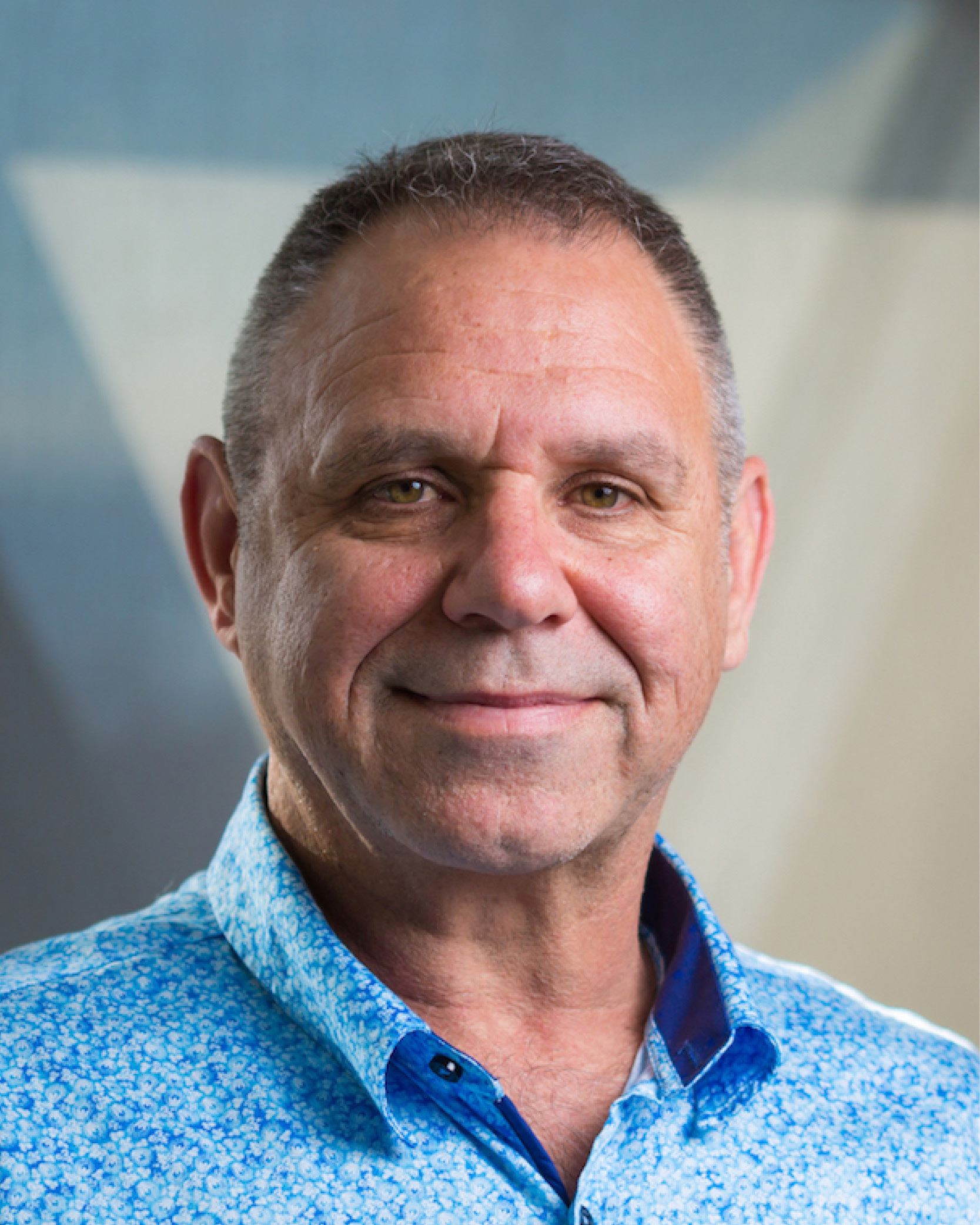Indigenous health: who is it really for and who benefits?
While Indigenous health inspires many research projects, there remains concern amongst Aboriginal and Torres Strait Islander leaders that the findings don’t always translate to improved health outcomes for their communities.
So, what needs to change? How can we ensure that research into the health of Indigenous Australians, has a real and positive impact on the lives of our First Nations peoples?
Join our panel of experts as they discuss how research in some Aboriginal and Torres Strait Islander communities doesn’t recognise culturally appropriate healthcare solutions and the implications of this failure. They will consider how research can be designed to work with and benefit Indigenous communities, deliver results that can be translated into policy and ultimately make an impact.
Our expert panel:
Pro-Vice Chancellor (Indigenous Engagement), UQ
Professor Fredericks has over 30 years of experience working in and with the tertiary sector, State and Federal Governments, and Aboriginal and Torres Strait Islander community-based organisations. Prior to joining UQ, Bronwyn was Professor and Pro-Vice-Chancellor (Indigenous Engagement) at CQUniversity. She was also the President of CQUniversity’s Academic Board and the BHP Billiton Mitsubishi Alliance Chair in Indigenous Engagement. From 2016 until 2019, she was one of two Commissioners with the Queensland Productivity Commission (QPC) and was the Presiding Commission for the Inquiry into service delivery in remote and discrete Aboriginal and Torres Strait Islander communities.
Bronwyn is a member of the Australian Research Council (ARC) College of Experts, the Australian Institute of Aboriginal and Torres Strait Islander Studies (AIATSIS) Research Advisory Committee (RAC) and the Beyond Blue National Research Committee. She was a research lead in the health node of the ARC-funded National Indigenous Researchers and Knowledges Network (NIRAKN).
Director, UQ Poche Centre for Indigenous Health
Professor James Ward is a Pitjantjatjara and Narungga man, and a national leader in Aboriginal and Torres Strait Islander research. He is currently the Director of the Poche Centre for Indigenous Health and a Professor for the School of Public Health at UQ. He has a long history working in Aboriginal communities, having held various roles in Aboriginal public health policy. In 2007 he was appointed as the Inaugural Program Head of the Aboriginal Program at the Kirby Institute, UNSW-Sydney. In 2012 he moved to Alice Springs to become Deputy Director of the Baker Institutes' Aboriginal Health Program, after which he joined the South Australian Health and Medical Research Institute.
He has led national research projects in sexually transmissible infections and blood borne viruses, including issues surrounding injecting drug use. His work has had significant influence over the last five years contributing to national guidelines, and policy and practice.
 Associate Professor Maree Toombs
Associate Professor Maree Toombs
Associate Dean (Indigenous Engagement), Faculty of Medicine, UQ
Along with her role at the Faculty of Medicine, Maree has 20 years’ experience in teaching Indigenous students. It was from this that she observed a pattern in young Indigenous Australians disengaging from education and has worked since to understand and help bridge this gap. Maree is heavily involved in NHMRC projects focusing on mental health, suicide prevention and other chronic disease. She is a member of Australian Medical Council, as well as an advisory board member for St Vincent’s Hospital and current chair of the Carbal Medical Service (Toowoomba and Warwick). Maree’s current projects include: The Mob Van, a mobile caravan which aims to provide primary health care to Aboriginal communities around Toowoomba; and I-ASIST, a culturally-tailored training established to address the increasing rates of suicide among Indigenous people living in rural and remote areas.
About Health Matters Lecture Series
Launched in 2017, Health Matters is a series of dynamic public lectures featuring renowned researchers and clinicians. Attendees enjoy hearing directly from subject matter experts in an environment that encourages discussion about matters that impact the health of you and your loved ones.


